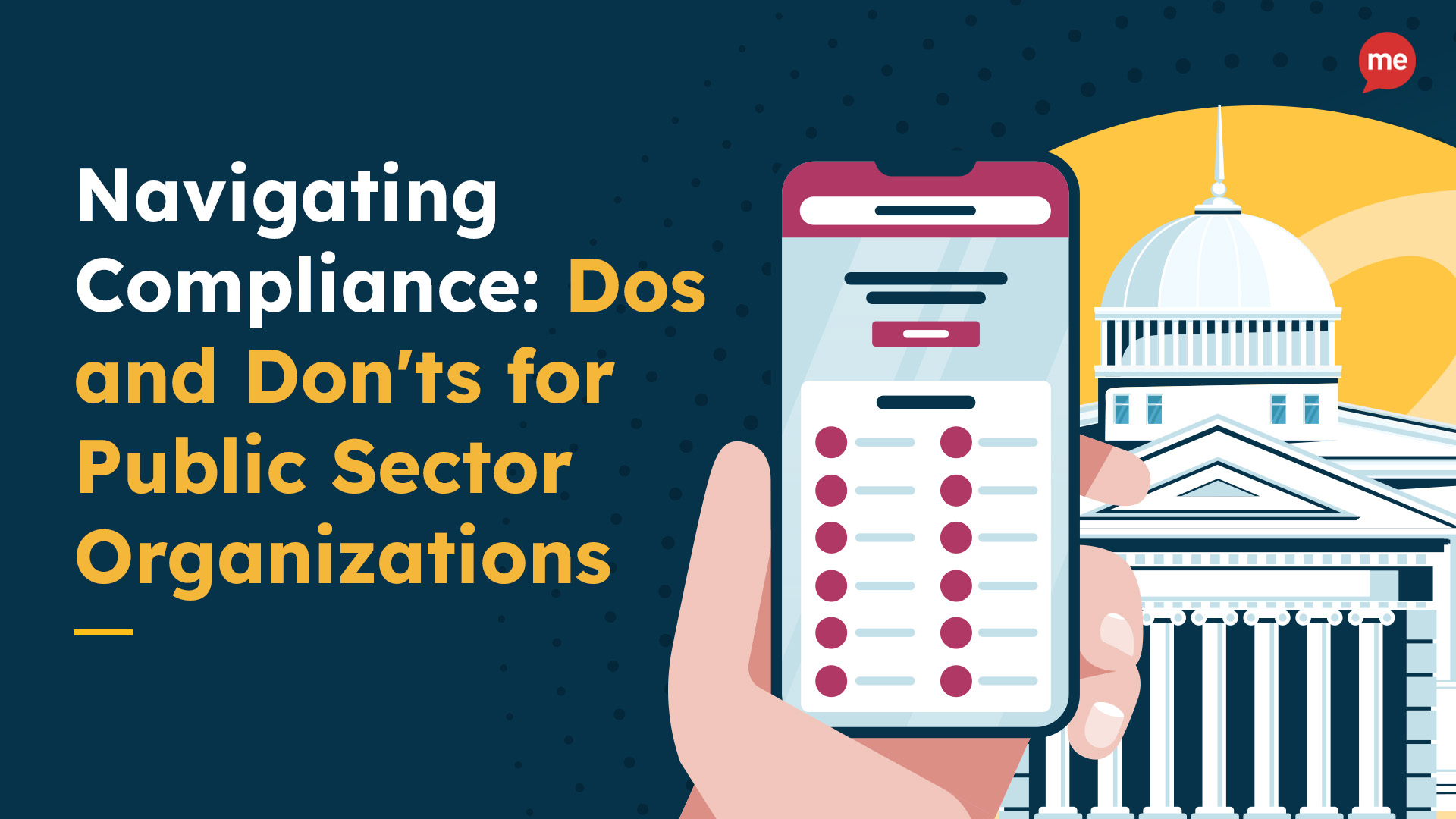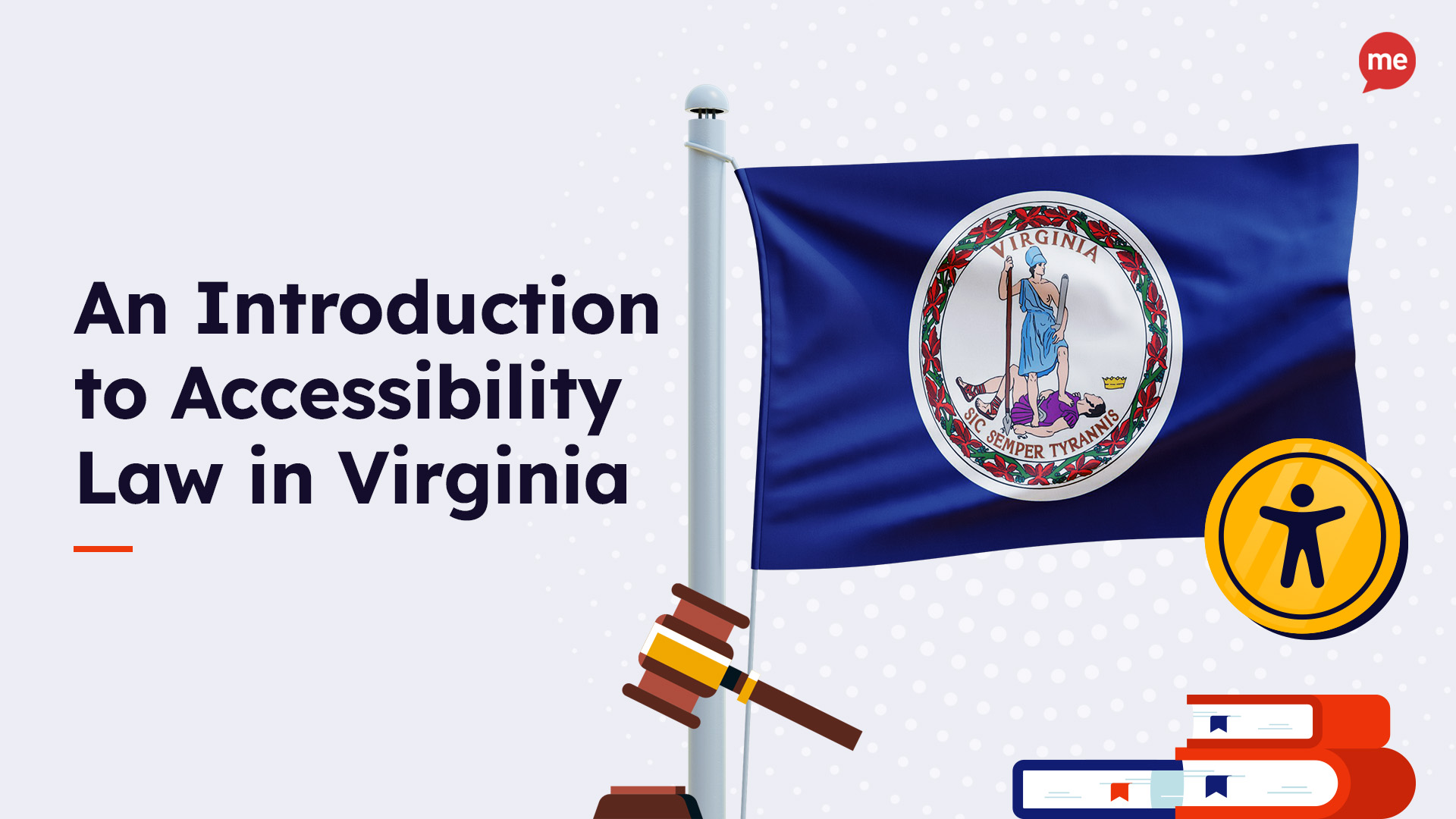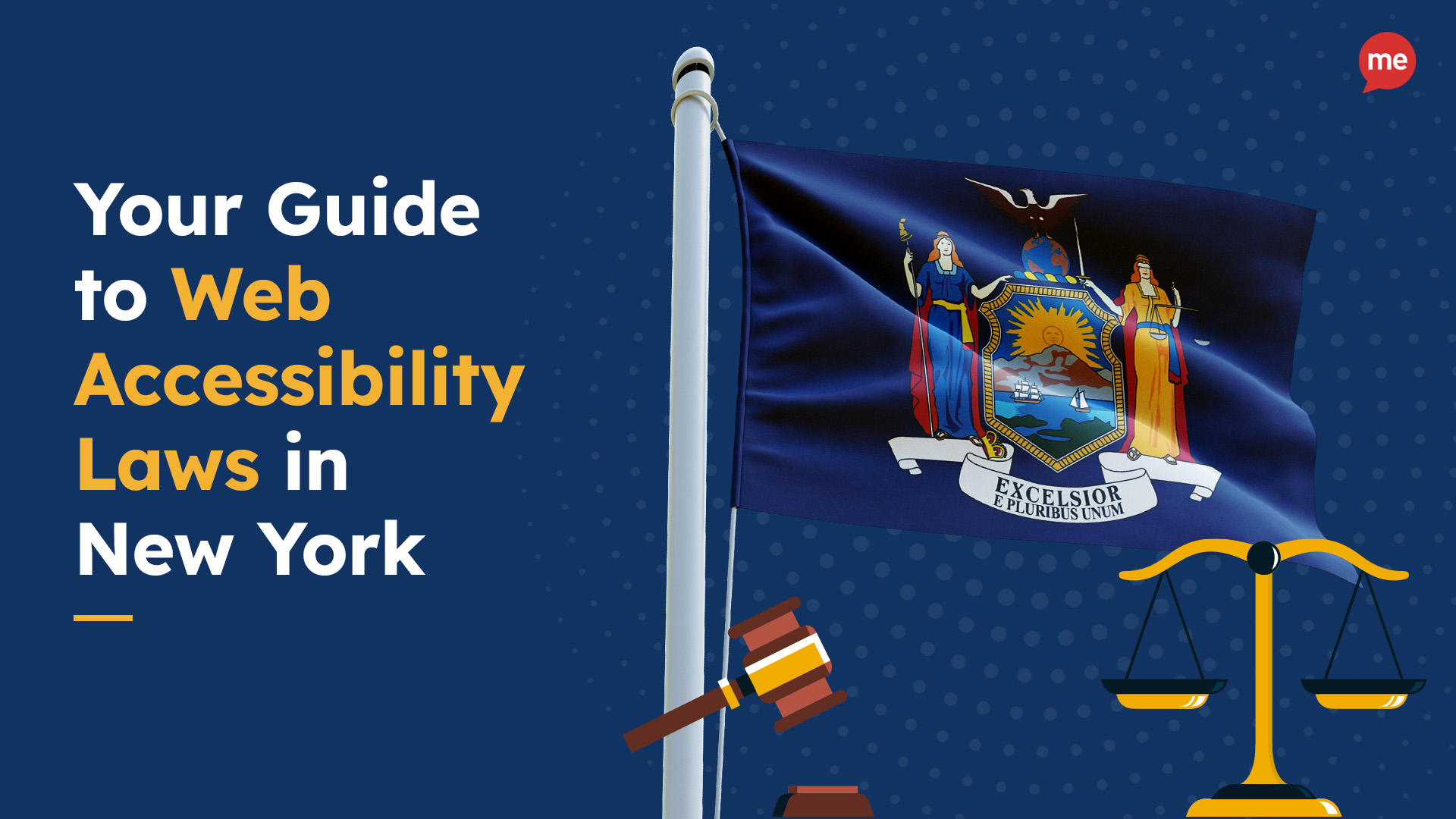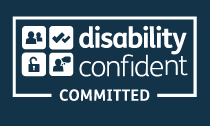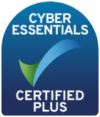July is Disability Pride Month. Celebrated every year to commemorate the passing of the landmark Americans with Disabilities Act (ADA) on July 26th, 1990, this month-long observance is a powerful platform to promote inclusivity, raise awareness about the rights of people with disabilities, and foster a society that embraces diversity.
Read on to learn more about disabilities in America, what we’re doing to help, and how you can help by making your website more inclusive to people with varying access needs.
Disabilities in the US
1 in every 4 Americans lives with some kind of disability. This includes both physical disabilities and hidden disabilities like visual impairments, cognitive and neurological disorders, and linguistic disadvantages. In the American population:
Over 10% have attention deficit disorders
5% have visual impairments
Up to 23% have a learning difficulty
Around 15% are neurodiverse
Over 67 million people speak a language other than English at home

Disability Laws
In the earlier years of the ADA laws, accessibility issues were focused more on physical factors, like having access ramps and elevators in shops and office buildings. However, with the advancement of technology and the continuous growth of e-commerce, online accessibility is now a significant factor.
Current ADA guidelines state that businesses must make reasonable adjustments to accommodate those with disabilities online. This protects people with disabilities against employment discrimination and allows for equal access to goods, services, and communications.
Disability Pride Month
July is Disability Pride Month. Inaugurated in 2015 to mark the 25th anniversary of the ADA, this is an annual international event focusing on inclusion. It’s not yet as widely observed or understood as other big awareness drives like Black History Month, but the movement is growing in momentum every year.
Designed as a platform to promote diversity, share experiences, and celebrate all of the big and small wins that make communities more inclusive for people with disabilities, you can expect to see Disability Pride parades in many cities across America throughout the month – and particularly on July 26th.
The Importance of Online Accessibility
Many brick-and-mortar businesses are ADA-compliant these days, but websites need to be accessible too. The internet should empower all members of society with the same information and opportunities. So more than anything else, it’s just the right thing to do.
“The power of the Web is in its universality. Access by everyone regardless of disability is an essential aspect…The Web is fundamentally designed to work for all people, whatever their hardware, software, language, location, or ability.”
Sir Tim Berners-Lee, Inventor of the World Wide Web
Why Create an Accessible Website?
Aside from the moral standpoint and feel-good factor, there are numerous other reasons to create an accessible website.
Revenue – The total disposable income of the US working-age population with disabilities is $490 billion. Ultimately, users will click away from inaccessible websites and spend their money elsewhere. So there is a clear case that making a business accessible online should lead to increased profits.
Branding – Forbes reported that 52% of online consumers consider a company’s values when purchasing. Welcoming people with varied disabilities and access needs allow you to promote your commitment to inclusion and set yourself apart from the competition.
Employee Loyalty – Being an inclusive employer evokes feelings of pride that improve staff satisfaction and reduces turnover rates. Being inclusive also allows you to stand out as an employer, helping you attract a more diverse team, gain a wider perspective, and become more innovative.
International Guidelines – The Web Content Accessibility Guidelines (WCAG) are the premium standards that should be adopted by organizations globally. The next update to WCAG 2.2 is due in April 2023.

How Does Recite Me Help?
People who face access barriers online struggle for many different reasons, and often, making a singular adjustment is not enough. With the Recite Me assistive toolbar installed on your website, access barriers can be broken down by making single or multiple adjustments to create a genuinely inclusive online experience. Users can:
Personalize font size, type, and color options to make web pages easier to read. This is beneficial for readers who have dyslexia, dyspraxia, color blindness, or decreased vision in general.
Download content as an audio file, great for people with vision problems.
Access text-to-speech functions in 65 different languages, a fantastic function for site visitors with English literacy issues. Text can be read aloud at varying speeds with either a male or female voice, which is beneficial for autistic users too.
Utilize the screen mask and ruler, allowing those with ADHD and other attention disorders to focus rather than being distracted by other content on the page.
Convert text content into over 100 different on-screen languages, ideal for people who don’t speak English as a first language.
Make use of the toolbar’s built-in dictionary and thesaurus to check word definitions. This is particularly important for users with conditions like hyperlexia, who can read words but do not necessarily understand their meaning.
Switch to “text-only” mode. This feature is favored by those with conditions like Epilepsy, as they can strip away media and graphics that could cause a seizure.
Recite Me Clients
Our toolbar has been integral in providing equal online access for people with disabilities across America and beyond. Here’s what some of our clients have to say about the results.
Center For Independence
CFI is a national leading nonprofit organization serving as a resource for individuals with disabilities to fully access and participate in their community.
“CFI has been striving to increase the accessibility for people with all disabilities as well as underserved populations. Universal design is part of Independent Living and CFI was able to increase the website accessibility by implementing the Recite Me accessibility button, which allowed us to reach more people who speak different languages as well as reach a broader range of people with disabilities.”
Leah Velasco, Executive Director of CFI South Washington
National Center for Learning Disabilities
Founded in 1977, NCLD has worked tirelessly to create an equal society – by empowering parents and young adults, transforming schools, and advocating for equal rights and opportunities for all.
“Our mission is to improve the lives of the 1 in 5 children and adults nationwide with learning and attention issues…It is essential to provide accessible ways to engage NCLD’s content to serve and accommodate our growing community of diverse learners.”
Grace Aiyedogbon, Communications & Advocacy Specialist
United Way of Whatcom County
United Way of Whatcom County fights for the financial stability of every person in their community. No matter the obstacles. No matter the odds.
“Meeting with the Recite Me team really opened our eyes to the variety of issues people struggle with when trying to get information online. After seeing a demo of the platform, we were sold. We evaluated other web accessibility services during our decision-making process, but none of them were as comprehensive or user friendly as Recite Me. For us, the language translation feature was a game changer. Seeing it work is like magic. We are very excited to make our website and resources available to more people in our community.”
Kristi Birkeland, President/CEO
Recite Me Data
Our software is already installed on over 5,000 websites, and every day we help thousands of internet users to enjoy accessible and inclusive online journeys. Our most recent 12 months’ data show that:
The Recite Me toolbar was launched over 5 million times.
Over 34 million web pages were accessed with Recite Me assistive technology.
- Our accessibility features were used over 107 million times to create unique user experiences.
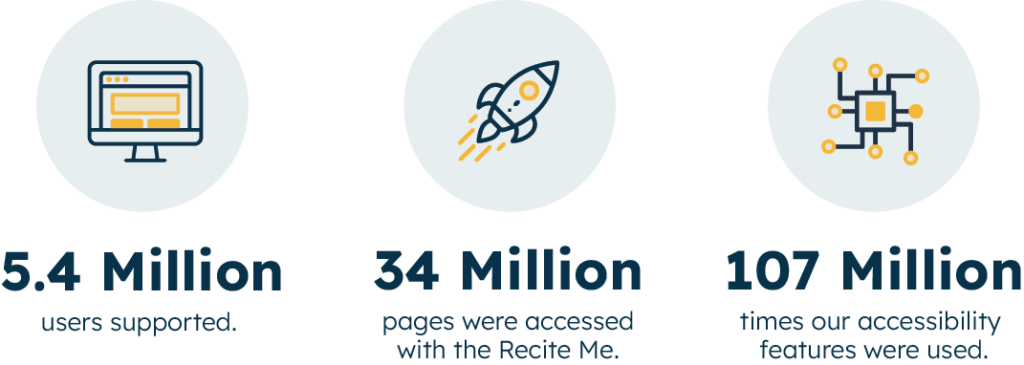
How to Improve Online Accessibility
As laptops, cell phones, and tablets become the dominant access point for audiences to receive information, organizations need to prioritize online accessibility. More private and public sector regulations are on the way, and search engines are already applying heavier weighting to accessibility factors.
Here are the steps we recommend you follow to improve your website’s accessibility scores.
Check that your web design conforms to best practices and principles for accessibility.
Make sure your website meets all relevant ADA legal requirements.
Familiarize yourself with current WCAG standards (version 2.1) and make any required adjustments to get your site updated.
Look into assistive technology software to add further layers of usability to your website.
Here’s wishing you a wonderful Developmental Disabilities Awareness Month from the whole team at Recite Me.
If you’d like more information on to make your website inclusive for everyone, contact our team, or book a demo of our assistive toolbar. Alternatively, you can try your hand at our web accessibility checker and see how accessible your website is.
Article Sources: CDC, DiverseAbility Magazine, Forbes, Accessible 360, WHO, United Nations

